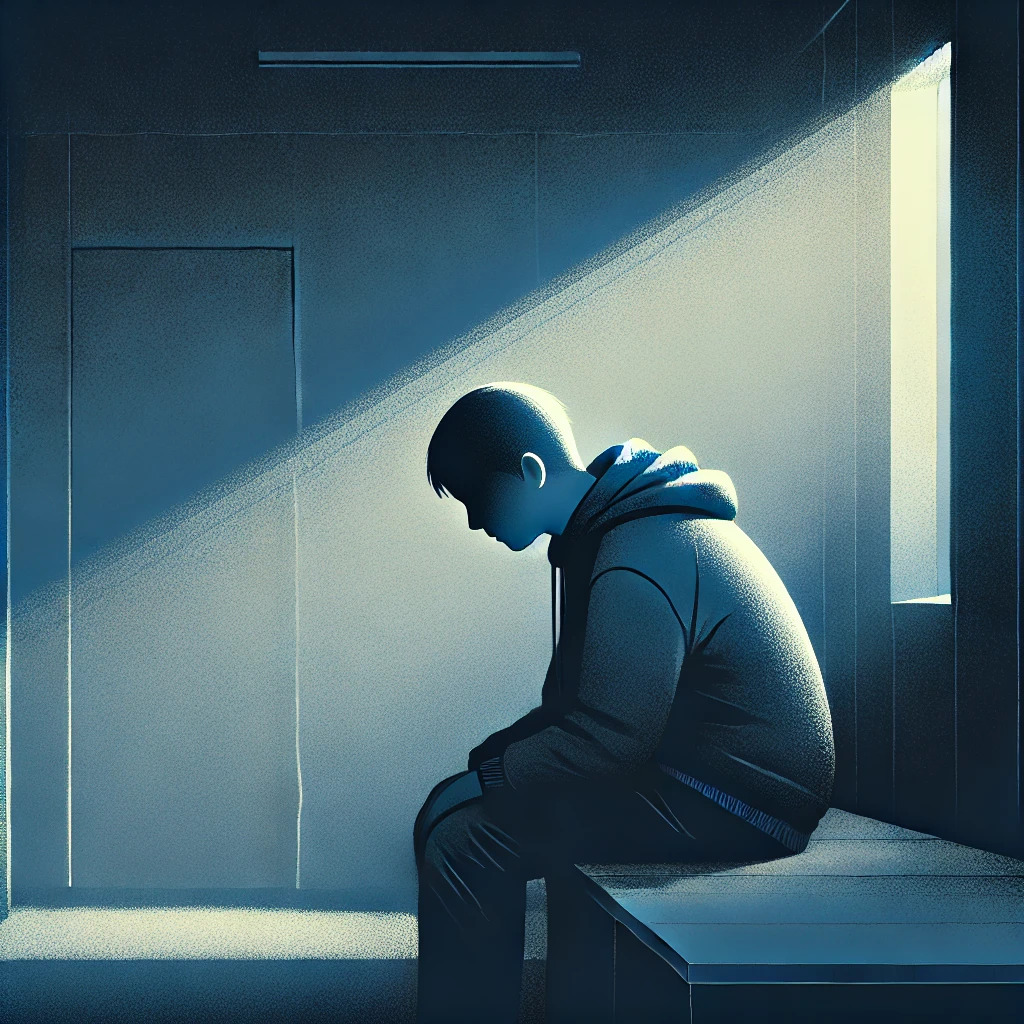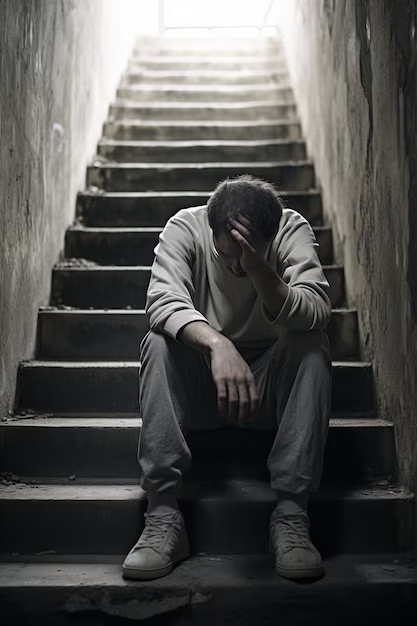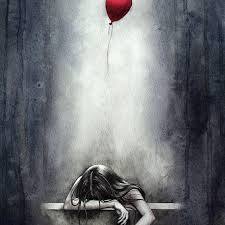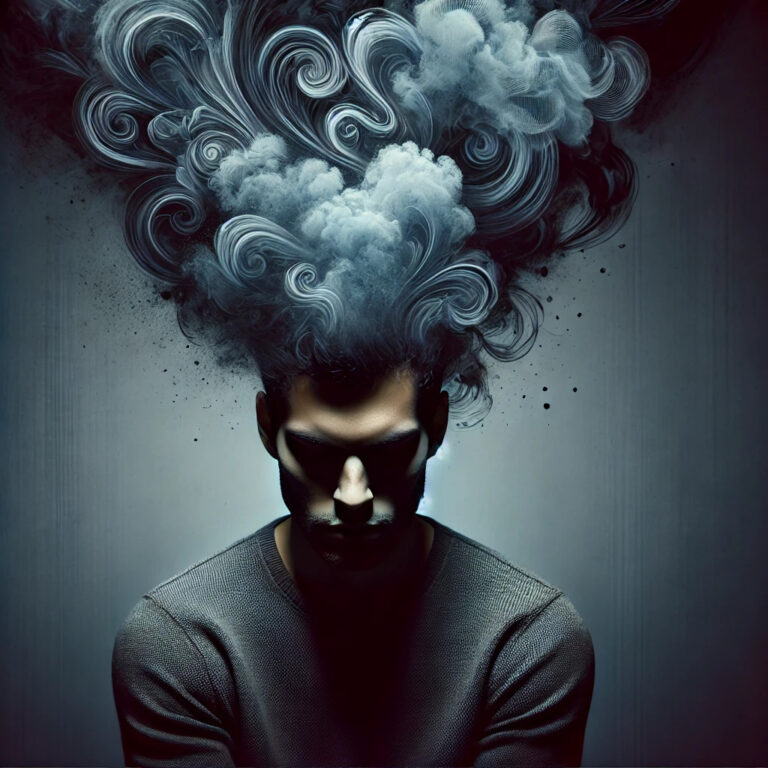Understanding Depression: Types, Symptoms, and Effective Treatments
Depression is a widespread mental health condition affecting millions globally. It goes beyond occasional sadness, often impacting a person’s thoughts, feelings, and daily behavior. This article explores depression in-depth, covering its different forms, symptoms, and treatment options. We’ll also discuss the connections between depression and related conditions, such as anxiety and anger, and how different treatments, including medications like Zoloft, can help.
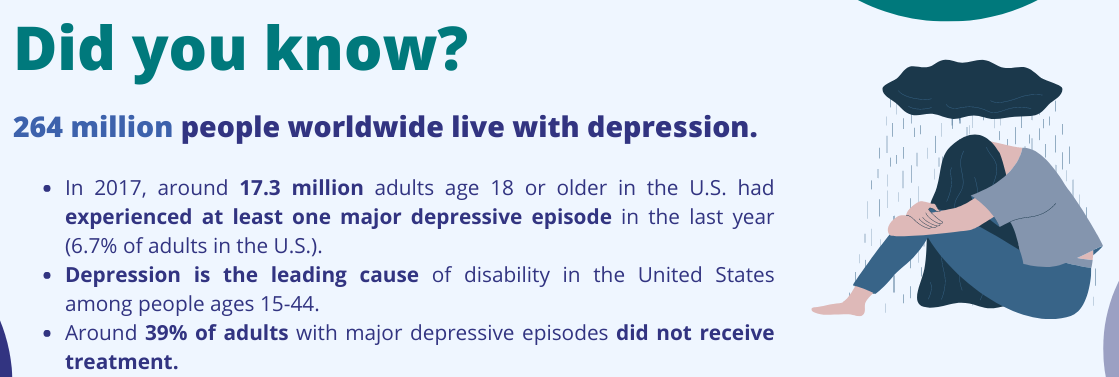
What is Depression?
Depression, also known as major depressive disorder, is characterized by persistent feelings of sadness, hopelessness, and a lack of interest in activities once enjoyed. It can interfere with daily functioning, impacting relationships, work, and overall quality of life. Unlike temporary mood changes, depression is a real medical condition that requires appropriate treatment and support to manage effectively.
Acute Depression: Short but Intense Episodes
Acute depression is a form of depression marked by sudden, intense episodes of sadness, anxiety, or apathy. Unlike chronic forms, acute depression typically has a shorter duration and is often triggered by major life events, trauma, or high stress. Though it may last only a few days to weeks, its intensity can be debilitating.
Symptoms of Acute Depression
Symptoms of acute depression include:
- Intense feelings of sadness or despair
- Difficulty concentrating
- Irritability and mood swings
- Sleep disturbances
- Physical symptoms like headaches or body aches
Treatment for acute depression often involves therapy, stress management, and, sometimes, medication. Cognitive-behavioral therapy (CBT) can be particularly effective, helping individuals process difficult emotions and develop resilience.
ADD, Anxiety, and Depression: Understanding the Connection
Many people with depression also experience anxiety or have conditions like Attention Deficit Disorder (ADD) that complicate their mental health. Depression, ADD, and anxiety often share overlapping symptoms, such as:
- Trouble focusing or completing tasks
- Restlessness or irritability
- Sleep difficulties
- Low self-esteem and self-doubt
Having ADD or anxiety along with depression can make symptoms harder to manage. Treatment may involve a combination of therapy, lifestyle changes, and, if necessary, medications. Cognitive-behavioral therapy, mindfulness practices, and lifestyle coaching can all play valuable roles in managing the challenges that come with ADD, anxiety, and depression.
Anger and Depression: When Depression Turns Inward and Outward
Though not as widely recognized, anger can be a symptom of depression. For some, depression triggers feelings of frustration or irritability, leading to episodes of anger. This anger may be directed at oneself, resulting in self-blame and guilt, or at others, leading to conflicts and strained relationships.
Signs of Anger in Depression
Anger in depression may show up as:
- Irritability over minor issues
- Self-directed anger or self-criticism
- Unresolved hostility or resentment
- Outbursts or episodes of intense frustration
Therapy is especially helpful for managing anger associated with depression. Cognitive-behavioral therapy (CBT) and dialectical behavior therapy (DBT) provide tools to process emotions, communicate effectively, and handle stress healthily.
Anti-Depression Medication: Zoloft and Its Benefits
Zoloft, a commonly prescribed antidepressant, is often used to treat various types of depression, anxiety disorders, and obsessive-compulsive disorder (OCD). Zoloft belongs to a class of drugs called selective serotonin reuptake inhibitors (SSRIs), which help increase serotonin levels in the brain to stabilize mood.
Benefits and Side Effects of Zoloft
Zoloft has helped many people manage their depressive symptoms effectively. However, as with all medications, there can be side effects, such as:
- Nausea or digestive issues
- Sleep disturbances
- Headaches
- Sexual side effects
For many, Zoloft’s benefits outweigh its side effects, especially when combined with therapy. Discussing your condition with a healthcare provider is essential to finding the best treatment plan tailored to your individual needs.
Anxious Depression: When Depression and Anxiety Coexist
Anxious depression is a type of depression where anxiety symptoms are prominent along with depressive symptoms. People with anxious depression experience a constant sense of worry, fear, or dread in addition to feelings of sadness, hopelessness, and fatigue. This combination can make daily tasks feel overwhelming.
Symptoms of Anxious Depression
Anxious depression may include:
- Constant worry or feeling on edge
- Sleep disturbances or insomnia
- Low self-confidence and fear of failure
- Panic attacks or extreme nervousness
Treating anxious depression often involves a combination of SSRIs, such as Zoloft, and anxiety-reducing therapies like CBT or mindfulness-based cognitive therapy (MBCT). These approaches equip people with strategies to manage both anxiety and depressive symptoms effectively.

Effective Treatment Options for Depression
There are multiple treatment options for depression, and finding the right approach usually requires working closely with a mental health professional. Here’s an overview of some effective treatment methods:
1. Therapy
- Cognitive Behavioral Therapy (CBT): Helps individuals identify and change negative thought patterns and behaviors.
- Dialectical Behavior Therapy (DBT): Often used for those dealing with intense emotions or anger related to depression.
- Interpersonal Therapy (IPT): Focuses on improving relationships and building social support.
2. Medication
- SSRIs like Zoloft are commonly prescribed for both depression and anxiety.
- Other medications, including SNRIs and atypical antidepressants, are also used based on individual needs.
3. Lifestyle Changes
- Regular physical activity, a healthy diet, and good sleep hygiene can significantly improve mood and reduce depressive symptoms.
- Mindfulness, meditation, and yoga are excellent tools for reducing stress and fostering mental well-being.
4. Support Systems
- Support from friends, family, or mental health support groups can provide a strong foundation for recovery and help manage depression over the long term.
Final Thoughts on Managing Depression
Dealing with depression is a journey that requires understanding, patience, and support. Each form of depression, whether it involves anger, anxiety, or co-occurring conditions like ADD, may require a unique treatment approach. Medications such as Zoloft, therapies like CBT, and lifestyle adjustments all play essential roles in managing symptoms and improving quality of life.
If you or someone you know is struggling with depression, it’s crucial to seek help. Depression is a treatable condition, and with the right support, individuals can work towards a better, brighter future. No one has to face depression alone, and the first step toward healing is reaching out for help.
What Is Depression, and How Is It Different from Sadness?
Depression is a serious mental health disorder that affects mood, thoughts, and daily life. Unlike temporary sadness, depression persists for weeks or months, impacting motivation, sleep, and appetite, and making routine activities challenging.
What Are the Common Symptoms of Depression?
Symptoms of depression include ongoing sadness, fatigue, loss of interest in activities, trouble concentrating, changes in sleep or appetite, and feelings of worthlessness. If these symptoms last over two weeks, it could indicate depression.
What Causes Depression?
Depression stems from a mix of genetic, biological, environmental, and psychological factors. Stressful events, family history, certain medications, and brain chemistry imbalances are all possible contributors.
How Is Depression Diagnosed?
Depression is diagnosed by a mental health professional through an assessment of symptoms. They may use screening tools to measure severity and recommend treatment options.
Can Depression Be Effectively Treated?
Yes, depression is highly treatable. Options like therapy, medications, lifestyle adjustments, and self-care can effectively manage symptoms, improving overall well-being and quality of life

